MedTech News
.................... by Andrew Celentano
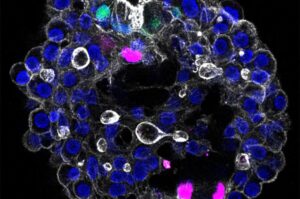
Patient-specific human liver model lays foundation for personalized treatments
Liver disease is a major global health problem, causing over two million deaths worldwide each year. While animal models have helped to understand liver biology, they often fail to accurately translate to human biology.

Astrocytes found to aid spinal cord repair by signaling immune response
Cedars-Sinai investigators have discovered a healing mechanism that could one day be harnessed to help treat patients with spinal cord injuries, stroke, and neurological conditions such as multiple sclerosis. Their study, published in Nature, describes a previously unknown function of astrocytes, a type of cell in the central nervous system.
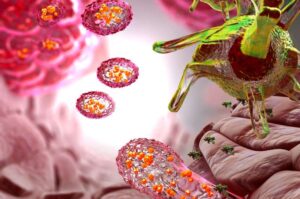
Engineered dendritic cells boost cancer immunotherapy
EPFL researchers have successfully engineered cells of the immune system to more effectively recognize cancer cells. The work, covered in two papers, turns the previously lab-based method into a full-blown immunotherapy strategy.

New study suggests a way to rejuvenate the immune system
Stimulating the liver to produce some of the signals of the thymus can reverse age-related declines in T-cell populations and enhance response to vaccination.
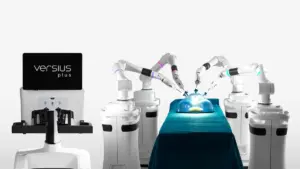
CMR Surgical gains FDA clearance for new robot
CMR gained FDA marketing authorization for its first-generation Versius robot in October 2024 through the de novo pathway. In April, the company said it raised more than $200 million to support the commercialization of Versius.
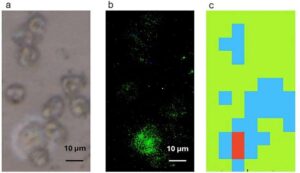
Blood test can detect single lung cancer calls using infrared technique
A UK research team has developed a pioneering blood test that could change the way lung cancer is detected and monitored.
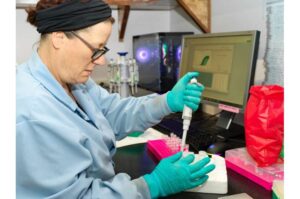
New ALS diagnostic blood test boasts 97% accuracy
ALS is a debilitating paralytic disease characterized as the death of upper and lower motor neurons. Fortunately, ALS is relatively rare, with an incidence rate of 1.6 per 100,000 adults, resulting in about 30,000 cases in the United States at any one time.
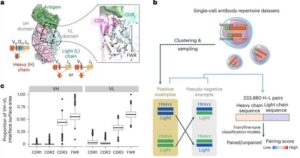
AI that predicts sequences within antibodies could lead to new therapeutic treatments
A new artificial intelligence model could help design antibodies that better protect the body against viruses and disease. The AI model, known as ImmunoMatch, can predict and identify correct protein pairings within antibodies, potentially helping to strengthen the immune system. The research was conducted by a team from the University of Surrey and University College London and is published in Nature Methods.
